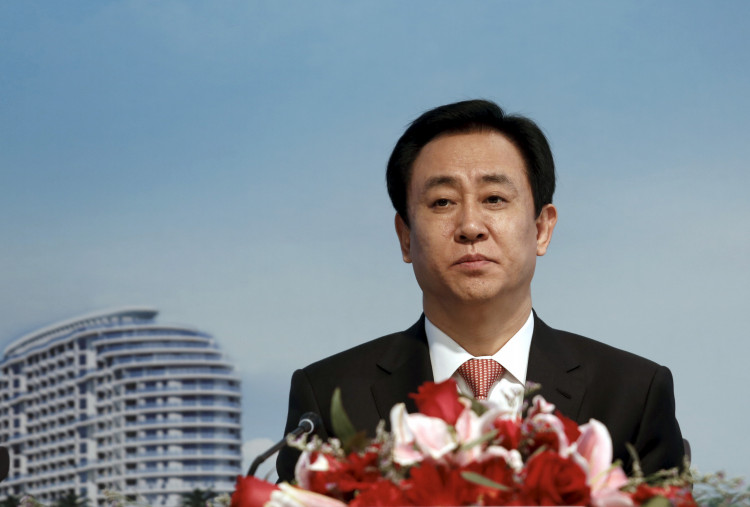The financial woes of China's property giant, Evergrande, have taken a dramatic turn with the recent reports of the company's founder and chairman, Hui Ka Yan, being taken into police custody. This development, coupled with the suspension of the company's share trading, has intensified concerns about the future of the world's most indebted firm and its potential ramifications on the global economy.
Evergrande, which has been on the verge of collapse for the past two years, has liabilities amounting to a staggering $300 billion, equivalent to the entire GDP of Finland in 2021. The company's precarious financial position has been a focal point of global economic discussions, given its significant role in China's property market, which constitutes a quarter of the world's second-largest economy. A potential collapse of Evergrande could have devastating consequences not only for China's property sector but also for the global financial system.
The suspension of Evergrande's share trading was not accompanied by an official reason, nor was there confirmation of Bloomberg's report regarding the police surveillance of Hui Ka Yan. However, this is not the first instance of police action related to the company. Earlier in the month, authorities in Shenzhen announced action against a senior figure within Evergrande's wealth management division, Du Liang, among others.
This recent police involvement with Evergrande's top brass is not an isolated incident. The company's trading had previously been halted for a staggering 17 months, resuming only last month. This hiatus was due to a series of defaults and the formulation of a restructuring plan, which is still pending agreement with creditors. In a bid to restructure its overwhelming debt, Evergrande had sought bankruptcy protection in U.S. courts in August. However, the latest events mark yet another challenge for the beleaguered firm and the broader Chinese economy.
Speculations comparing Evergrande's situation to the 2008 Lehman Brothers collapse have resurfaced. While previous concerns about Evergrande triggering defaults among its vast network of lenders have not materialized, the sheer scale of its borrowings remains a concern. An estimated 128 banks, along with 121 non-bank institutions such as asset managers and insurers, have extended credit to Evergrande.
As the world watches closely, the fate of Evergrande and its potential impact on the global financial landscape remains uncertain.





